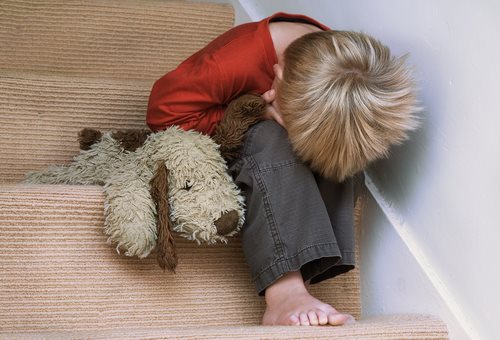Identifying the Effects of Child Abuse
What are the Effects of Child Abuse?
The Effects of Child Abuse – an offense that is defined as the unlawful, illegal mistreatment of a child – may range in the severity; the exploration of the Effects of Child Abuse may also vary in conjunction to the type of abuse undertaken. Child abuse can be psychological, physical, emotional, and sexual in nature:
Emotional and Psychological Child Abuse will typically include the verbal or emotional debasement of a child; effects of child abuse of this nature is considered to be amongst the most difficult to identify
Sexual Child Abuse may contain depictions of abuse sexual in nature involving the a sexual act with a child - a form of Child Abuse is considered to be predatory and exploitative in nature
Physical Child Abuse may include the assault, attack, and harming of a child or minor through the use of force, violence, or any other variety of physical means intended for bodily harm; physical trauma and injury are common effects of child abuse of this nature
Neglect is described as delinquency with regard to the well-being and welfare of a child, which can include abandonment, disregard, and rejection; the effects of this type of child abuse may be difficult to identify
Types of Child Abuse and Varying Effects
The varying nature of child abuse will oftentimes coincide with characteristics innate within the individual abusers, as well as its victims:
The imprinting of violent and abusive tendencies on children within their respective developmental and impressionable stages may are one of the primary effects of child abuse; this is considered to be contributory to the child victim repeating this type of behavior and response in later junctions of their lives
The addiction to and the abuse of both alcohol or narcotics are considered to be effects of child abuse; in many cases, victims of child abuse become addicted or reliant on such substances as a means of coping with the trauma and damage experienced as a result of the child abuse offense
Psychological and Mental disorders are also considered to be Effects of Child Abuse; a wide range of mental and emotional disorders have been identified as direct effects of child abuse, including depression, anxiety, and rage
Studies of the Effects of Child Abuse
The determination of specific events and circumstances perceived to serve as presumed Effects of Child Abuse has been the aim of behavioral specialists, crisis counselors, legal officers, medical professionals, focus groups, and researchers. However, due to the vast nature of child abuse – resulting from a wide variety of details, involved parties, case history, environments, and methods undertaken – the certain classification of the Effects of Child Abuse has proven to be inconclusive.
Despite the latent uncertainty and absence of uniform results, studies with regard to the effects of child abuse – and their subsequent identification and analysis – have enjoyed successes; case studies, interviews, research, and investigations conducted with regard to the effects of child abuse have proved to provide invaluable and essential information, which has provided for the assistance and support of victims of child abuse.
Getting Help for Child Abuse
Individuals whom have been victims, made aware of, or witnessed child abuses are encouraged to contact their local authorities or law enforcement department in order to report the details of the offense. In the event that an individual wishes to do so in an anonymous fashion, they should contact the Department of Child Protective Services immediately at (800) 422-4453
